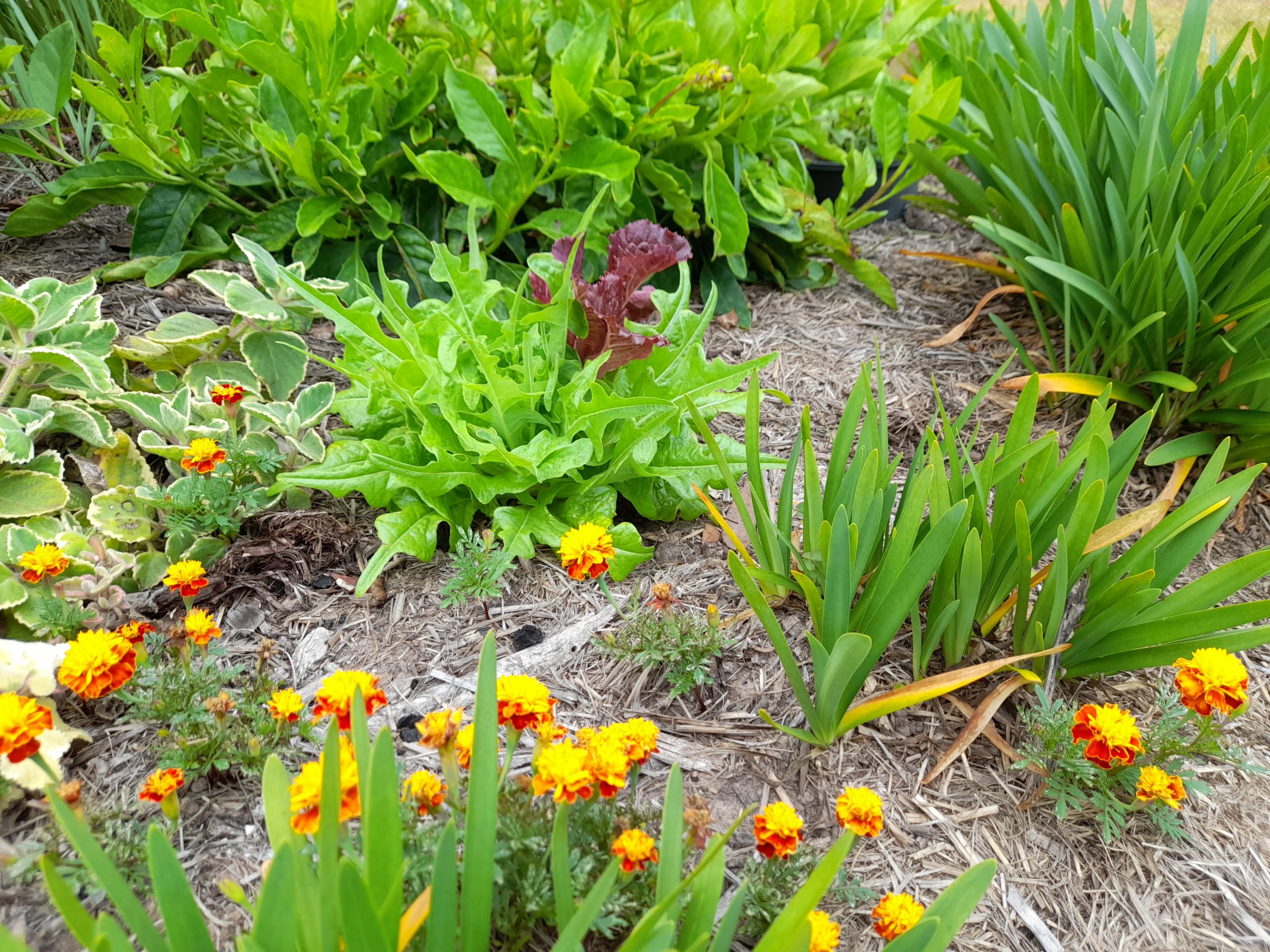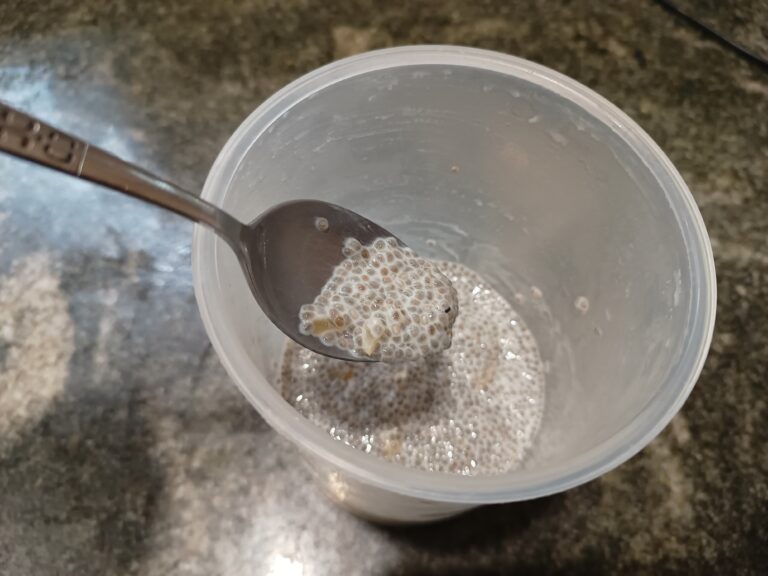Don’t just “diet” – tune your food to your body’s needs
Your body’s nutritional needs are unique to your body. They’re a combination of:
- Your physiology and your health challenges (including your mental health); combined with
- Your current food intake and its quality.
Nobody’s “super diet” can meet everybody’s needs. It’s just not possible.
I was reminded of this recently when I read a great Medscape article called “Diet and the Brain” – it’s well worth reading all four online pages, with examples of key nutrient needs and their health impacts.
The author’s summed it up this way:
“Everybody’s got a diet, but no one diet fits all. It’s important to understand how to enrich and enhance your diet and move away from ultraprocessed foods. I wish there were shortcuts, but there just aren’t any.”
Diet and the Brain: From Ultraprocessed Foods to the Farmers Market
Kathrin LaFaver, MD; Madhureeta Achari, MD
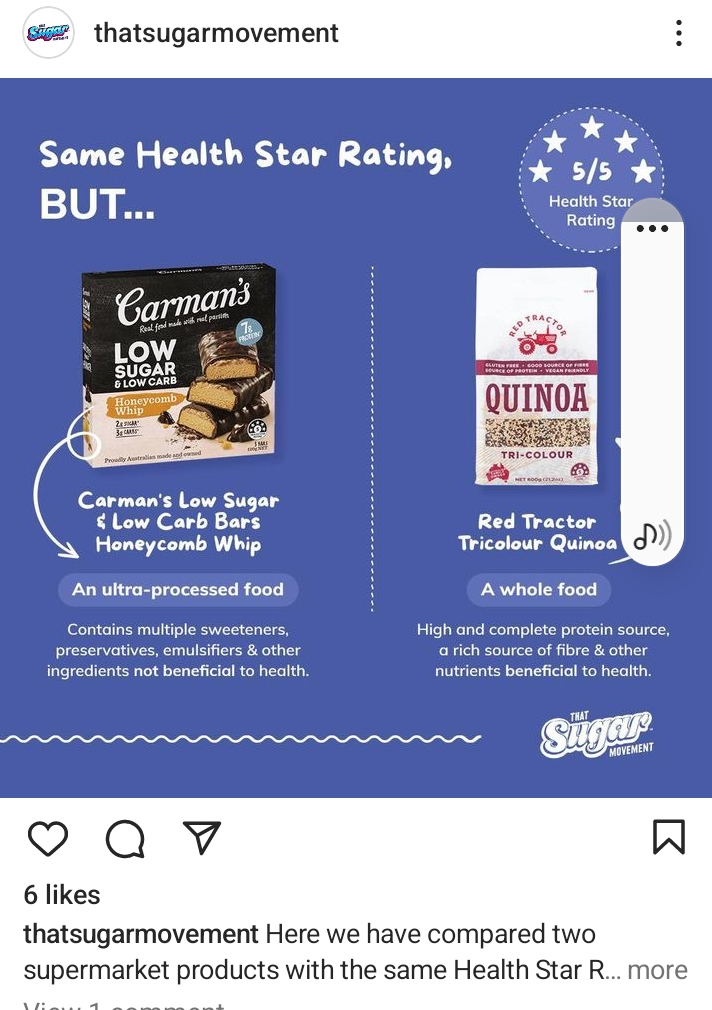
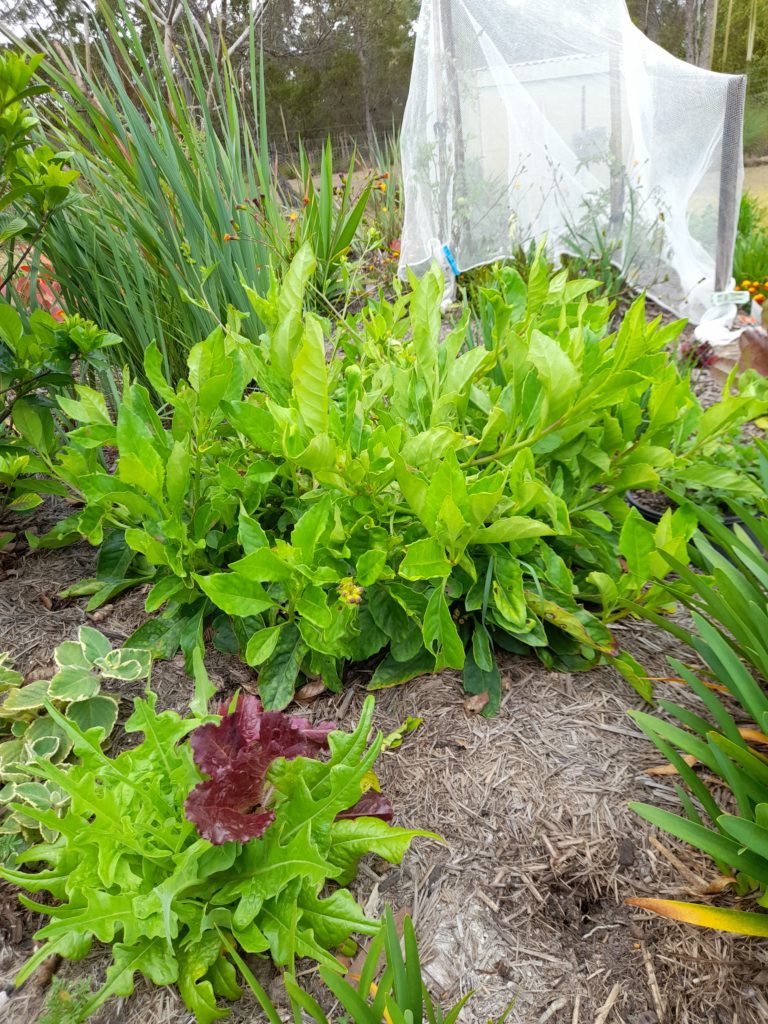
They also had some surprising examples, from brain fog induced by a lack of vitamin B1 to abdominal and joint pain caused by a lack of Vitamin C!
They explain that ‘Nutritional Neurology’ is where all diagnosis should begin. Our nerves require optimum amounts of minerals and vitamins to operate and serve all the required processes of our mind and body.
(This is basic Naturopathic understanding 101, so very familiar to me. It’s wonderful to see this knowledge trickle through.)
These are words from two current Neurologists – ‘nerve’ specialists who often see patients who are at their wits end to figure out what’s wrong with them. Fortunate patients may happen upon these enlightened physicians after numerous rounds of GPs and blood tests and scans and other specialists that reveal “nothing in particular”.
The doctors quoted statistics that indicate that low-vitamin ultraprocessed foods represent up to 75% of the products in our grocery stores – so unless most of your shopping is at your local farmers market or you are growing a lot of food yourself, you could be short on specific nutrients without realising it.
You are what you eat – in your mind as well as your body
Understanding good nutrition and getting expert advice is more important to your health – short term and long term – than ever before.
This kind of information has been available for a long time. It makes sense to the normal person.
So it’s great to see more practitioners embrace the importance of individualised nutrition and do the detailed investigatory work to tease out what really matters at a basic level to help prevent disease and enhance wellbeing.
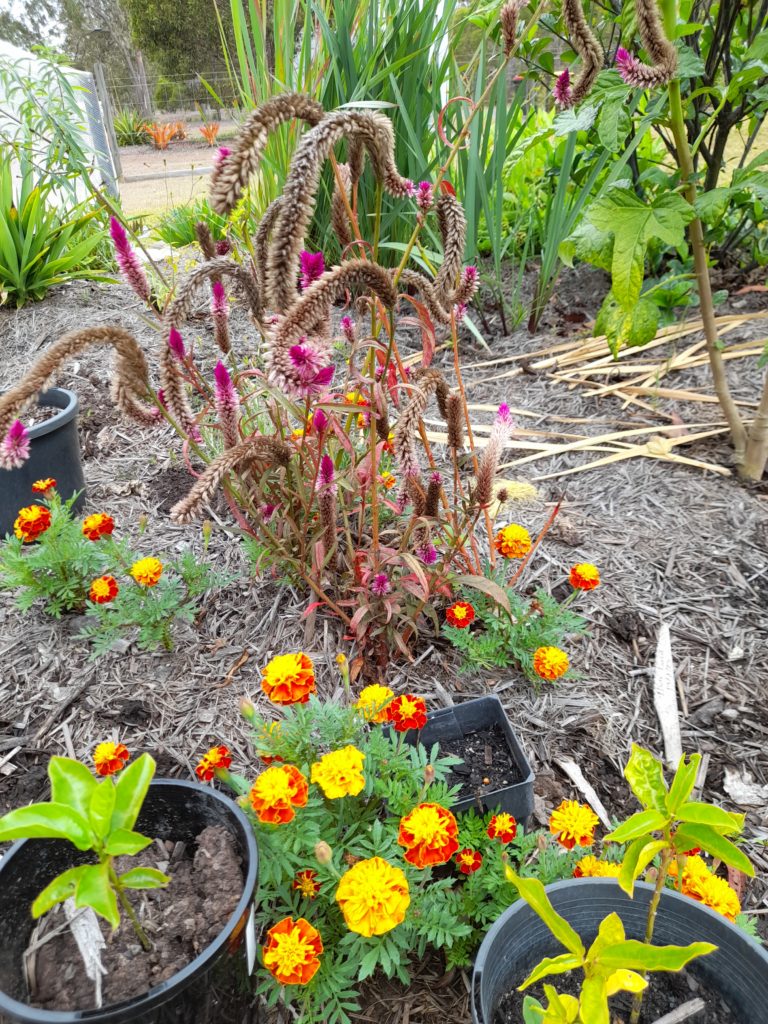
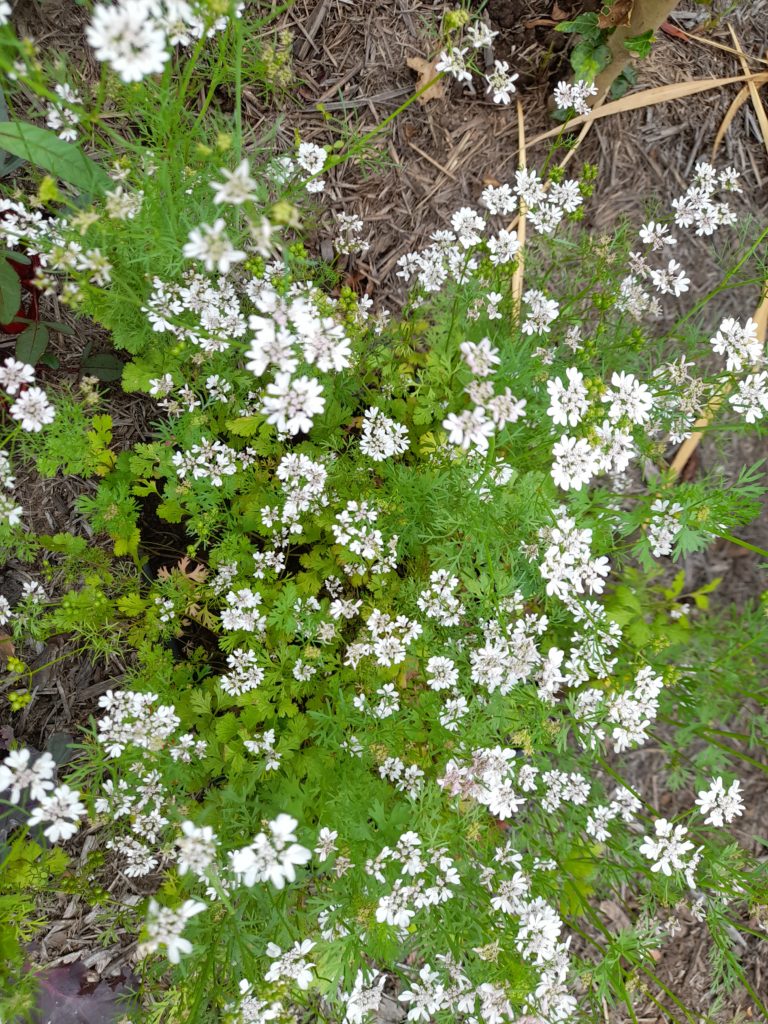
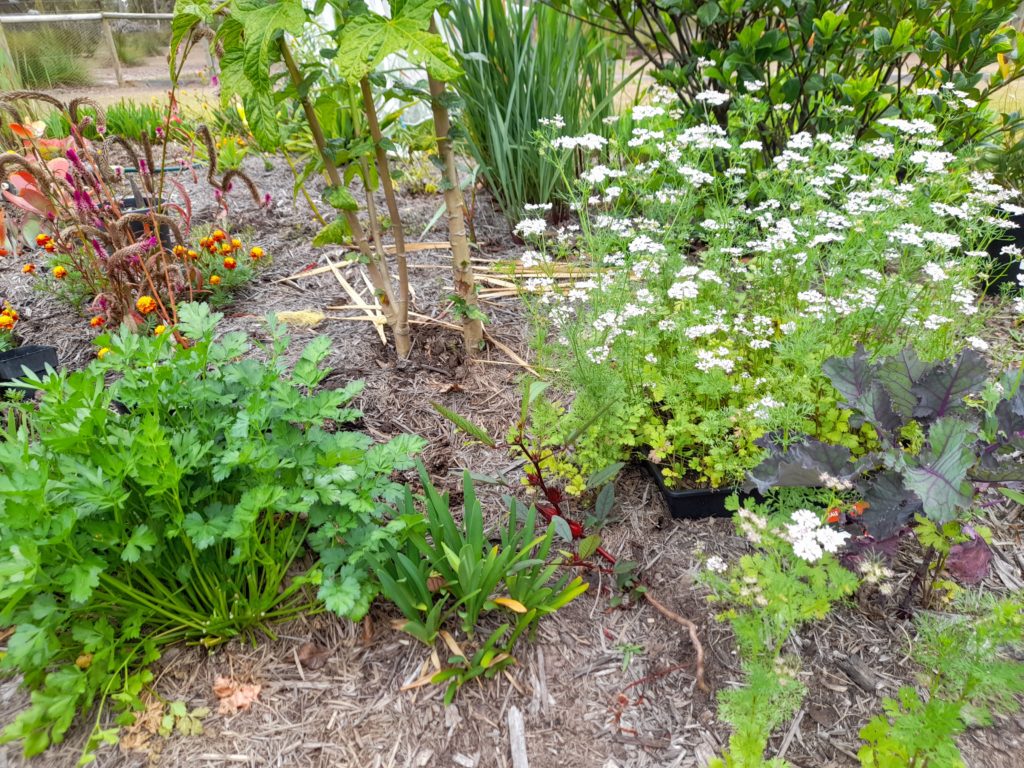
A picture’s worth a thousand words…
One of the great nutrition-management techniques that neurologists Dr LaFaver and Dr Achari suggested was making a visual food log – taking photos of everything you eat – so you can review it. It’s much easier than keeping a written food diary for many people – and harder to fudge too ;-).
So if you’re not feeling your best self and your GP can’t find anything obvious, then it may well be worth checking your nutrition.
Just doing your own visual food diary may uncover obvious gaps – whether it’s a lack of green vegs, or an overall monotone look to your food intake.
However, knowing which foods offer what nutrients requires expertise. So once you’ve collected your visual food diary, talk to your friendly expert Naturopath about what your body’s nutritional needs are and where there could be gaps.
Get in touch through my Contact Page for expert advice on ways to improve your health and happiness. (I do online consults – so my “neighbourhood” is the Internet.)

